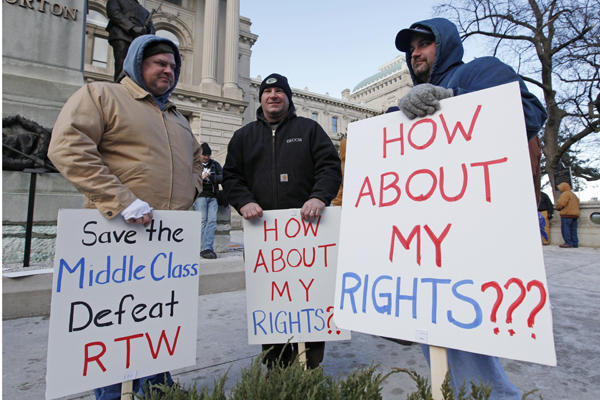Posted on July 5, 2013 in
Articles 
The Article: The Touch-Screen Generation by Hanna Rosin in The Atlantic.
The Text: On a chilly day last spring, a few dozen developers of children’s apps for phones and tablets gathered at an old beach resort in Monterey, California, to show off their games. One developer, a self-described “visionary for puzzles” who looked like a skateboarder-recently-turned-dad, displayed a jacked-up, interactive game called Puzzingo, intended for toddlers and inspired by his own son’s desire to build and smash. Two 30?something women were eagerly seeking feedback for an app called Knock Knock Family, aimed at 1-to-4-year-olds. “We want to make sure it’s easy enough for babies to understand,” one explained.
The gathering was organized by Warren Buckleitner, a longtime reviewer of interactive children’s media who likes to bring together developers, researchers, and interest groups—and often plenty of kids, some still in diapers. It went by the Harry Potter–ish name Dust or Magic, and was held in a drafty old stone-and-wood hall barely a mile from the sea, the kind of place where Bathilda Bagshot might retire after packing up her wand. Buckleitner spent the breaks testing whether his own remote-control helicopter could reach the hall’s second story, while various children who had come with their parents looked up in awe and delight. But mostly they looked down, at the iPads and other tablets displayed around the hall like so many open boxes of candy. I walked around and talked with developers, and several paraphrased a famous saying of Maria Montessori’s, a quote imported to ennoble a touch-screen age when very young kids, who once could be counted on only to chew on a square of aluminum, are now engaging with it in increasingly sophisticated ways: “The hands are the instruments of man’s intelligence.”
Continue Reading











































